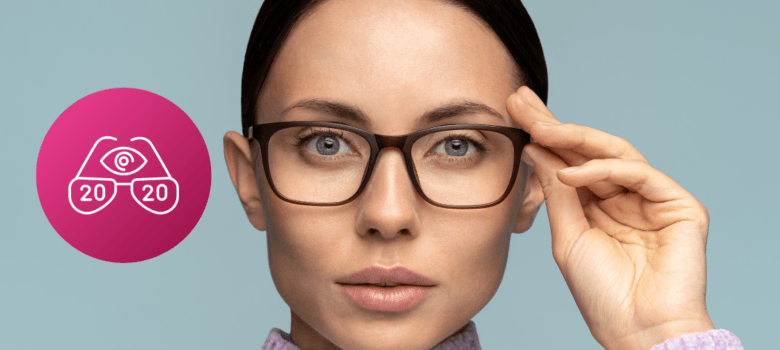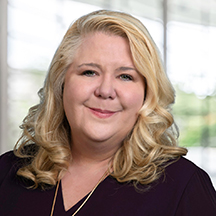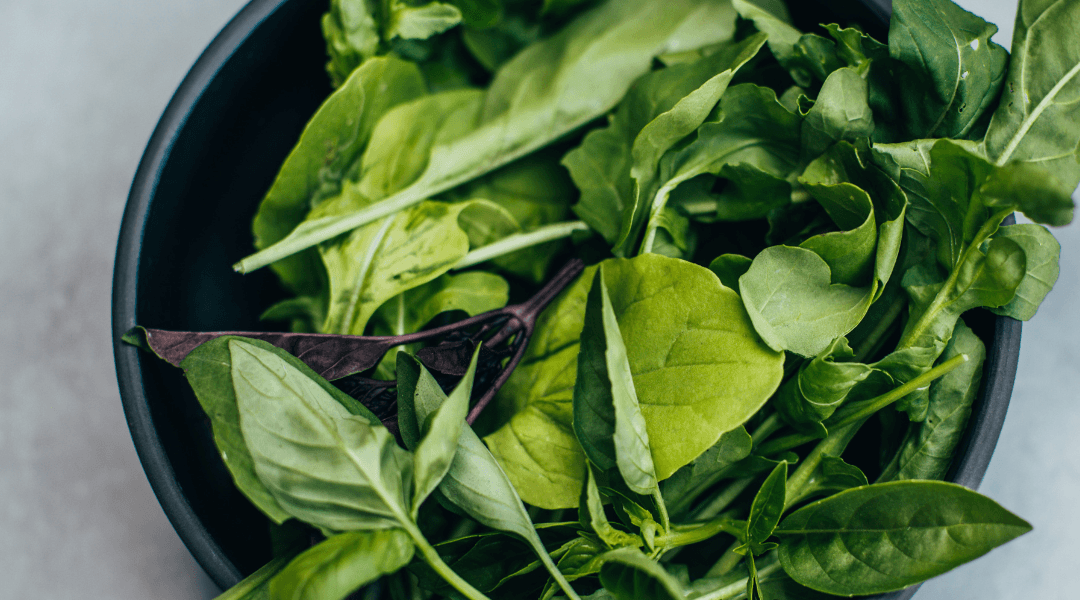

Keep Your Mind Sharp with Healthy Vision
by PNI Experts
Fresh Insights with Dr. Holmes
❋ Why Eye Health Matters for Aging Well

As we celebrate having more birthdays, maintaining clear an healthy vision becomes just as important as keeping our bodies and minds strong. Our eyes do more than just help us see — they play an essential role in nearly every aspect of daily life. From fulfilling basic self-care needs to engaging in meaningful working and learning, and participating in activities that bring us joy, like socializing and enjoying entertainment, our vision impacts it all.
Poor vision can increase our risk of falls and accidents, while untreated eye diseases like glaucoma or macular degeneration can lead to permanent vision loss. The research is clear that healthy eyes support cognitive function, physical ability, and overall quality of life. Yet, many people neglect their eye health.
The good news? There are simple steps you can take to protect both your eyesight and brain health for years to come!
❋ Join a Free Workshop !
Understanding Your Eyes and Protecting Your Vision for a Brighter Future
We invite you to attend our FREE Two-Part Vision Wellness Brain Health Booster, a virtual educational workshop designed to help you understand the connection between eye health and brain function. Neuro-optometrist, Dr. Michelle Holmes will lead this two-part series and share practical strategies to maintain clear vision and support lifelong cognitive health.
You’ll Learn:
- The link between eye health and cognitive function
- Updates on current research involving vision and dementia
- The basics of glasses and vision correction
- Common vision conditions in aging eyes – what’s normal and what’s not
- Lifestyle and nutritional tips for lifelong vision wellness
- A guide to eye exams and eye care providers
Let’s keep our vision and minds sharp together!
Join this exciting 2-part vision workshop series on Wednesday, May 14ᵗʰ and May 21ˢᵗ at 12pm. Register now at bit.ly/vision-wellness or call 213-344-2037 for more details.
Dr. Miller’s Memory Minute
❋ Support Your Sight & Mind

From reading to recognizing faces, your eyesight plays a major role in daily brain function.
Vision is critical to our brain health. In fact, almost 20 percent of dementia cases may be related, in part, to vision loss. Near acuity (seeing objects up close), distance acuity (seeing letters or objects from about 20 feet away), and contrast sensitivity (the ability to see crisp and clear details) are all important visual skills. A decline in any of these can be linked to decreases in memory, visual scanning and processing speed, attention, and more.
Some studies have found that older adults who have cataract surgery may be at lower risk for dementia. Reduced vision and hearing both result in a decrease in sensory stimulation, which is important for keeping our brains healthy and our minds sharp.
Think about how much we rely on our vision—using the computer, reading books or newspapers, recognizing emotions on the faces of friends and family, driving or using public transportation, navigating busy spaces like airports, paying bills online or by check, and avoiding hazards like uneven sidewalks or stairs. It’s important to have regular vision exams and to keep your prescription glasses updated, including lenses for reading, computer use, and distance.
❋ Memory Challenge
Engaging in activities that support visual-spatial skills and visual scanning can benefit brain health. Examples include puzzles, word searches, simple art projects, and dual-task exercises like FitBrain that combine movement with mental focus.
- Complete the word search below to strengthen visual scanning and focus.
- Try one new hands-on activity this week—like a puzzle, painting, or sewing—to support visual-spatial skills.
The Balanced Plate with Molly

Maintaining good eyesight isn’t just about genetics—your diet and lifestyle play a significant role. But what’s truly evidence-based, and what’s just a myth? Let’s break it down.
❋ Vision Health & Nutrition: Fact or Fiction?
Fact: Nutrient-Rich Foods Can Protect Your Eyes

Lutein and zeaxanthin, found in leafy greens like spinach and kale, help filter harmful blue light and reduce the risk of macular degeneration. Omega-3 fatty acids, abundant in fatty fish, support retinal function and may ease dry eye symptoms. Vitamin C and E, found in citrus fruits and nuts, help slow cataract progression.
Fiction: Carrots Alone Will Give You Perfect Vision

While carrots contain beta-carotene, which the body converts into vitamin A (essential for night vision), eating them won’t magically improve eyesight beyond normal function. A balanced diet with a variety of nutrients is far more effective than relying on a single food.
The Bottom Line

A diet rich in antioxidants, omega-3s, and vitamins supports eye health, but lifestyle choices—like sun protection and screen breaks—are just as crucial. Want to optimize your vision health? Start with a plate full of colorful, nutrient-dense foods and healthy daily habits!
About Dr. Michelle Holmes

Michelle Holmes, OD, is a neuro-optometrist at the Pacific Neuroscience Institute®, focused on the connection between vision and brain health. Dr. Holmes provides specialized eyecare to patients with central nervous system disorders such as Parkinson’s disease, Alzheimer’s, dementia, stroke, multiple sclerosis, and brain tumors.
About Dr. Karen Miller

Karen Miller, PhD, is the Senior Director of the Brain Wellness & Lifestyle program at Pacific Neuroscience Institute®, and is a leading national expert in Memory/Cognitive Training. With more than three decades of experience in the field of aging and memory as a geropsychologist and clinical neuropsychologist, she develops and directs the implementation of programs aimed at providing a roadmap to brain wellness.
About Molly Rapozo

Molly Rapozo, MS, RDN, is a Senior Nutrition & Health Educator at the Brain Wellness & Lifestyle Program at Pacific Neuroscience Institute. She is a registered dietician nutritionist and brain health coach with more than a decade of experience. What she finds most gratifying is seeing her clients take on and integrate lifestyle interventions that make a profound difference in their lives.
Learn More About Brain Wellness & Lifestyle
213-344-2037
1301 20th St. #100, Santa Monica, CA 90404
Lifestyle@pacificneuro.org
Useful Links
About the Author
PNI Experts
Last updated: June 11th, 2025